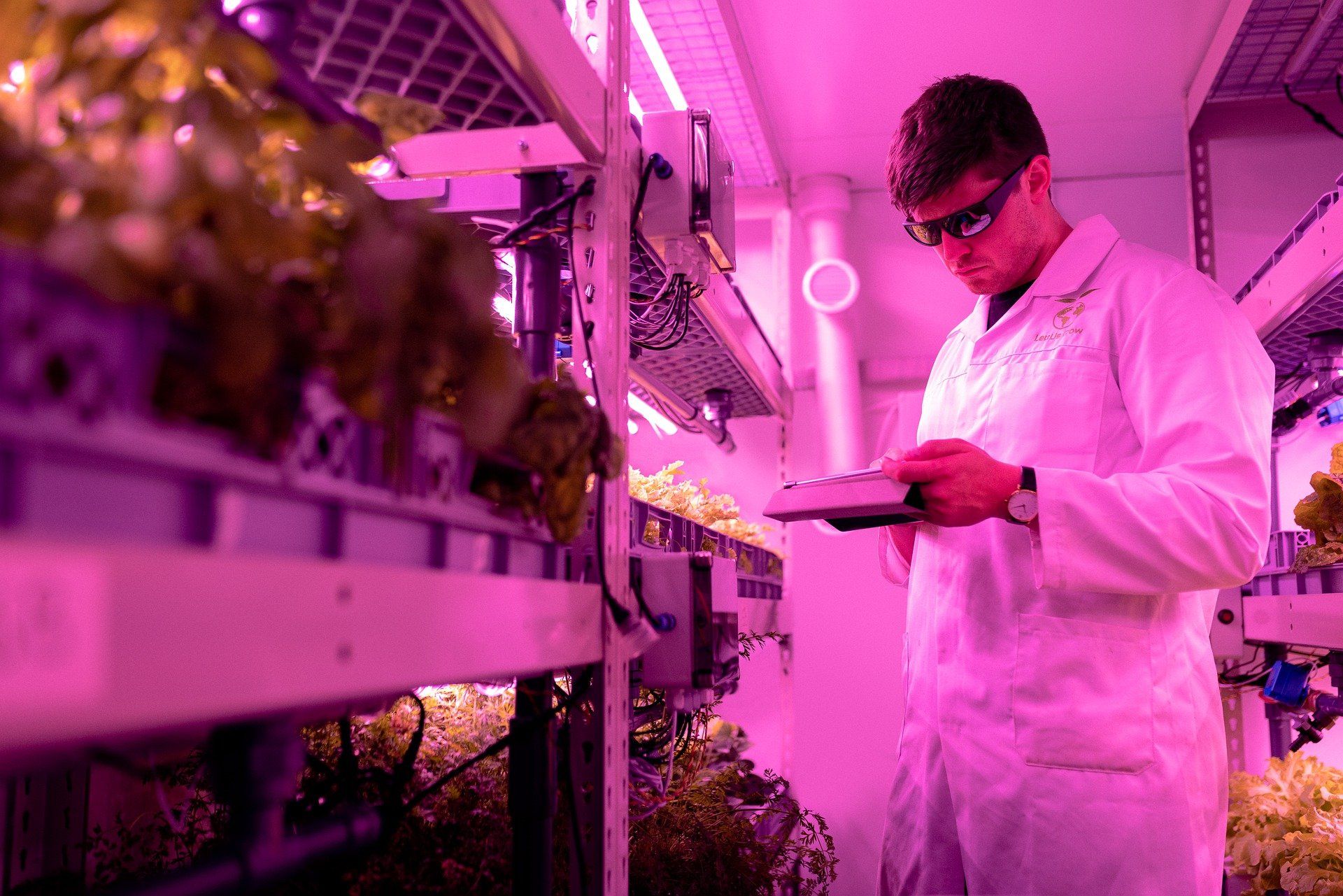1MG FlippingBooks
Future-proofing ag resources paramount to our survival
Elizabeth Gracie

A team of world experts has identified key biological constraints that limit individual plant productivity and crop yields, serving as a roadmap for future generations of crops which are resistant to the effects of climate change-induced drought.
Originally published in Nature Plants, the team discovered crucial information that they believe will greatly support the future of agricultural production.
Participating researcher, Professor Yong-Ling Ruan from the University of Newcastle said that in recent years agriculture has experienced a significant increase in demand due to a rapidly growing global population, with significant environmental deterioration as a direct result.
However, the research indicated that by understanding the biological processes that regulated the resource and energy distribution through the plant body, scientists were then able to identify key gene targets for genetic engineering and breeding.
According to Ruan, “Plants naturally evolve with a multitude of strategies to adjust their growth according to external and internal signals. They adapt to changing environments, such as drought, to ensure the survival of their species.
“However in agricultural ecosystems, these natural responses and [adaptations] may actually limit crop yield, as they often prevent plants from releasing their greatest yield potential.
“What we have now discovered are some of the barriers that can limit plant growth and reproduction, which puts us in a strong position to achieve a major contribution to meeting our dramatically increasing demand for food.”
Ruan says that the imminent threat of the growing global population, which is expected to double from 7.8 billion people to 15.6 billion people by 2050, means that the world crop yield will also need to be doubled, but with less arable land.
“Add the need for more food to the increased incidence of global warming associated drought, salt and heat stresses, plus pathogen and pest infections; means that future-proofing plants through modification to make them more productive and resilient is paramount to our survival,” said Professor Ruan.
Ruan, alongside a team of other experts, has been able to successfully identify the signalling molecules and regulatory genes that trigger or initiate growth for the plant and its life expectancy and fertility.
The team hopes that by lifting source and sink activities to their full extent through genetic editing processes, they can potentially close the yield gap that continues to expand from a rapidly increasing global population.
The roadmap was drawn from research undertaken by the University of Newcastle, Australia; Max Planck Institute of Molecular Plant Physiology, Germany; Wageningen University & Research, the Netherlands; University of Cambridge, UK; University of Kaiserslautern Pflanzenphysiologie, Germany; Centro Nacional de Biotecnología–CSIC, Spain; University of Oxford, UK; Washington State University, USA; and the University of Erlangen-Nürnberg, Germany.
NEWS

Prodoz, a Proudly Australian and family-owned agribusiness, based in Melbourne, is strengthening its positions as national/international leader in advanced crop – science solutions through a growing portfolio of global innovation partners and a distribution footprint supported by all major distributors - includes Nutrien Ag, Elders, Lindsay Rural and Independent Rural stores.

Trace minerals are required for optimal growth, reproduction, and immunity. Optimising trace mineral status relying solely on oral supplements across a herd may fail because of variation in individual intake and reduced absorption due to antagonism of other ration components and minerals. The use of injectable trace mineral supplements has been associated with positive reproductive outcomes including improved conception rate, increased odds of pregnancy and greater final in calf rate. A study conducted on 2,168 dairy cows, administered injectable trace minerals, four weeks prior to calving and again four weeks prior to the start of mating showed treated animals had a 3.3 per cent greater final in-calf rate, and a reduced time from start of mating to conception, compared to control animals 1 . The Importance of B12 Dr Carl Eden, Technical Services Veterinarian with Boehringer Ingelheim says “Vitamin B12 is sometimes referred to as a ‘super vitamin’ because it is only required in very small amounts but vital to many essential metabolic pathways. However, demand for B12 can vary considerably during the year and we see serum levels of B12 fall at critical times, such as the first few months after calving.” Vitamin B12 contains cobalt, so deficiency in cobalt can lead to deficiency in vitamin B12 because ruminants get most of their B12 as a byproduct of ruminal fermentation where the bacteria in their rumen assemble B12 from cobalt for use by the cow. Sub-optimal trace mineral and vitamin B12 status at calving, mating, and drying off has been shown to negatively impact growth, reproduction, and immunity. Using a trace mineral injectable containing vitamin B12 can improve trace mineral and vitamin B12 status at these critical times. Marks-Min with Vitamin B12 – The Evidence In the largest trace element study to date, Marks-Min Injectable Trace Mineral with Vitamin B12 demonstrated remarkable results when compared to a reference trace mineral injection. “Given the differences between Marks-Min and other products on the market, we wanted to generate a compelling data set to demonstrate how effective it was compared to the pioneer product. We entrusted this work to a third-party research company” says Dr Eden. “We chose farms that were at the top of their game from a reproductive perspective. We made sure that the farms had no evidence of trace element or vitamin B12 deficiencies or excess.” Across all outcomes of interest, Marks-Min demonstrated clear non-inferiority when compared to the reference product. Outcomes measured included submission, pregnancy and conception rates, and six week in-calf rate. Marks-Min demonstrated it is highly suited as an alternative treatment to the reference product. Reference: 1. Hawkins, D., and B. V. S. Franklin. New Zealand Dairy Veterinarians Newsletter 24 (2007): 12-16 Company website: livestockfirst.com.au Company email address: CustomerCare.Australia@boehringer-ingelheim.com Company video: https://vimeo.com/1138807630?fl=pl&fe=cm














